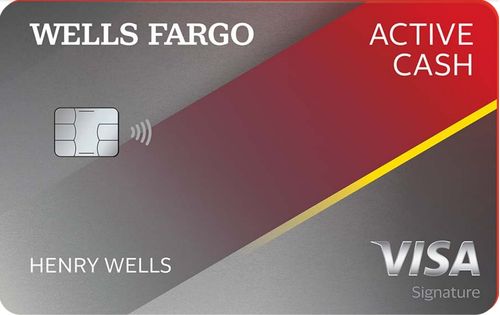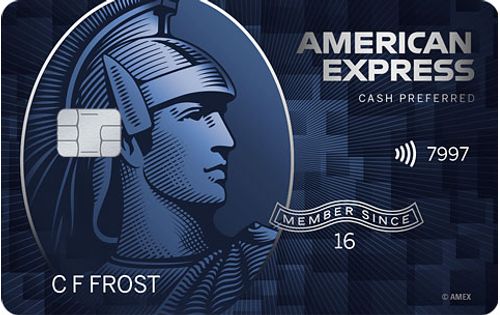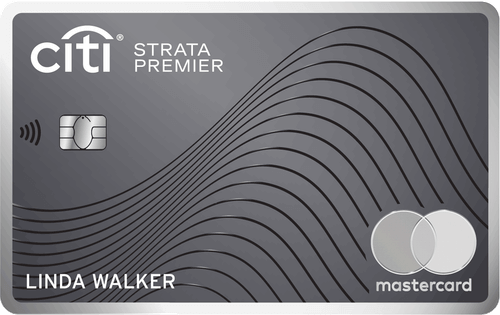WalletHub, Financial Company
@WalletHub
The biggest pros and cons of rewards credit cards are savings with every purchase and extra secondary benefits on the positive side, and the potential for devaluation and earning caps on the negative side. Rewards credit cards can save you a lot of money when used responsibly. But they can also end up costing you if you pick the wrong card or carry a balance from month to month.
Biggest Pros and Cons of Rewards Credit Cards
| Pros | Cons |
| Cash back, points, and miles basically give a portion of your purchases back to you | Rewards can expire, or be forfeited due to account inactivity, late payments, or account closure |
| Some rewards cards come with extra benefits like travel insurance and annual travel credits | The cards with the best benefits usually have annual fees |
| There are lots of rewards cards with no annual fee | High regular APRs are common - and paying interest on these credit cards quickly negates the value of rewards |
| Many rewards cards have initial bonuses | Some cards have earning caps on rewards |
| Some rewards cards have high-value points or miles | Points and miles can be devalued |
| You can profit if you pick the right rewards cards for your spending habits | Many rewards programs have minimum redemption amounts |
| Rewards cards are available to people of all credit levels | The best rewards credit cards require good credit or better |
Rewards credit cards are known for offering 1% to 5% back on most purchases, often supplemented by an initial rewards bonus potentially worth hundreds of dollars. Many rewards credit cards also have $0 annual fees, and some even provide the opportunity to save on finance charges with 0% APR periods.
But rewards cards have their pitfalls, too. Although cash back is straightforward to redeem, there can be a minimum redemption amount, depending on the card. Points and miles, on the other hand, have different redemption values from card to card. To add to the general confusion surrounding rewards programs, credit card companies can change the value of a point or a mile anytime they wish - and usually they don’t increase the value.
Credit card rewards can also expire based on any criteria the card issuer decides, including account inactivity, a missed payment, or simply after a certain period of time. That’s why it’s important to read the card’s terms and conditions before applying.
Bottom Line
Overall, rewards credit cards are mostly a good deal, as long as you use them responsibly by not spending more than you can afford to pay each month. It’s important to pay your bill in full every month, because any money saved in rewards can be negated easily by paying interest.
Devaluation is a problem with points and miles, too, so redeem your rewards often to decrease the chance of having them become less valuable. And if you get a rewards card with an annual fee, make sure the perks outweigh the fee.
People also ask
Did we answer your question?
Important Disclosures
Ad Disclosure: Certain offers that appear on this site originate from paying advertisers. For full transparency, here is a list of our current advertisers.
Advertisers compensate WalletHub when you click on a link, or your application is approved, or your account is opened. Advertising impacts how and where offers appear on this site (including, for example, the order in which they appear and their prevalence). At WalletHub we try to present a wide array of offers, but our offers do not represent all financial services companies or products.
Advertising enables WalletHub to provide you proprietary tools, services, and content at no charge. Advertising does not impact WalletHub's editorial content including our best picks, reviews, ratings and opinions. Those are completely independent and not provided, commissioned, or endorsed by any company, as our editors follow a strict editorial policy.



